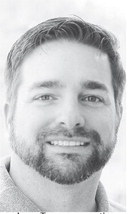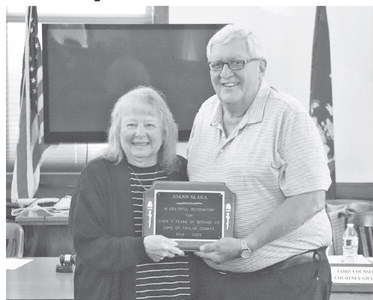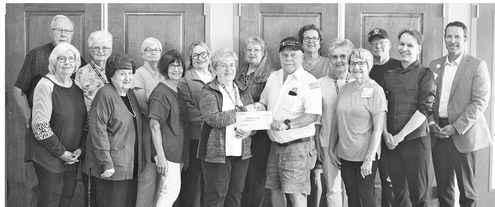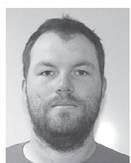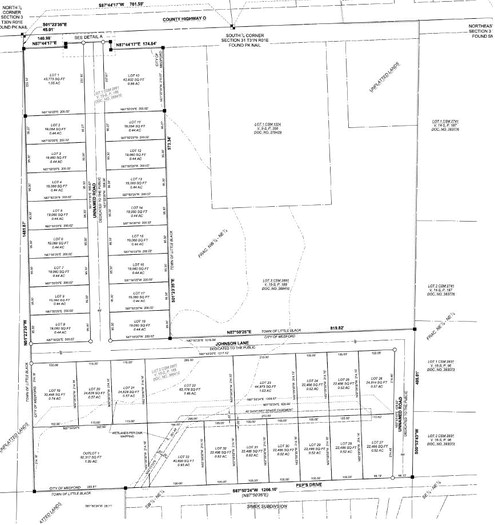LETTERS TO THE EDITOR - Repealing Roadless Rule is a good idea
I am one of the Wisconsin citizens who have invested their time and money in a large forest. I have been blessed to be a steward of this property for many decades.
We planted trees, thinned the trees when necessary, removed diseased trees, and maintained the roads that are needed for access by fire protection equipment, food plot equipment, and harvesting equipment. The monetary return on investment is poor, but the satisfaction is great. The return of thriving populations of a wide variety of wildlife is particularly satisfying.
I have observed that woodland owners like me invariably support scientific management practices that include access roads, selective planting and selective harvesting to protect the forests. Professional foresters guide us in placing each species in its best location, in providing sufficient sunlight to each tree, in controlling disease, in preventing erosion and fire, and in maintaining wildlife habitat.
I encourage everyone who has an opinion on this matter to visit the Cathedral Pine Natural Area near Mountain, Wis. to get a rare glimpse of a native northern Wisconsin forest that has been untouched by humans. It is not as majestic as the fantasies of the environmental activists. The younger trees are stunted and misshapen due to crowding and excessive shade. The ground is nearly barren due to lack of sunlight. Many of the large trees are severely damaged due to old age. The forest floor is cluttered with fallen trees. The large quantity of dead wood provides a potential fuel source for massive wildfires.
Forest fires are natural. They occurred long before the loggers arrived. Heavy fuel loads in unmanaged forests result in devastating fires that take the ground back to its most barren and primitive state; bare mineral soils that existed when the glaciers retreated. It would take many decades for natural recovery through the cycle from mineral soil to grasslands to shrubs to trees to forests. It is not a picture of a recreational paradise.
The available evidence does not support the theory that forest fires are increasing in intensity due to modern forest management practices. Four of the 10 largest fires reported in the United States occurred on or before 1910. The largest recorded U.S. forest fire was in Maine in 1825. It burned about 3 million acres. The most devastating forest fire occurred in Peshtigo, Wis. in 1871. It burned about 1.5 million acres, and killed an estimated 1,200 people.
U.S. wildfires have decreased dramatically over the past century, both in the number of fires, and the number of acres burned. Bad legislation, like the Roadless Rule, has put our forests in jeopardy again.
I thank our Congressman, Tom Tiffany, for supporting the repeal of the Roadless Rule.
Bruce Bohr Marathon
Answering Trump’s request, Texas legislators just decided to reshuffle their districts in hopes of gaining five more U.S. House seats in the 2026 election. In response, California Democrats are preparing to do the same.
This made me think of Wisconsin. Although voters chose Democrats for most statewide offices—including governor, attorney general, and secretary of state—the Legislature tells a different story. Republicans hold a 54–45 majority in the Assembly and an 18–15 edge in the Senate. This discrepancy is a clear sign of gerrymandering.
Governor Tony Evers created a nonpartisan committee to draft fair district maps based on the 2020 census. But the Republican- controlled Legislature ignored those maps and kept its own in place, ensuring its majorities. While the Wisconsin Supreme Court has ruled these maps unconstitutional, the U.S. Supreme Court has previously allowed partisan gerrymandering to stand.
Now, with states like Texas and California escalating their district maneuvers, we may be entering a new phase of gerrymandering warfare. Each side will carve the map to its advantage, further eroding public trust.
Why should politicians be allowed to choose their voters instead of voters choosing their representatives? That seems deeply undemocratic—and dangerously fishy.
Markus Fasel Chippewa Falls
